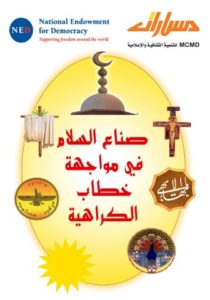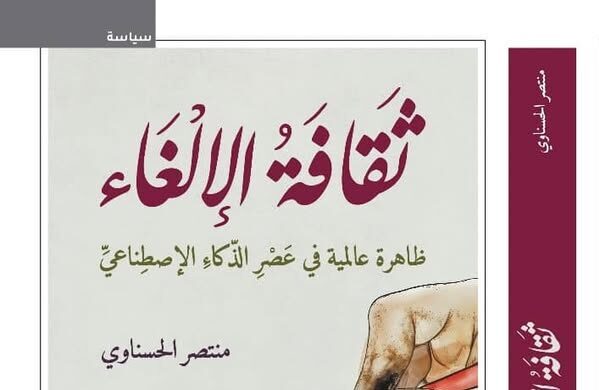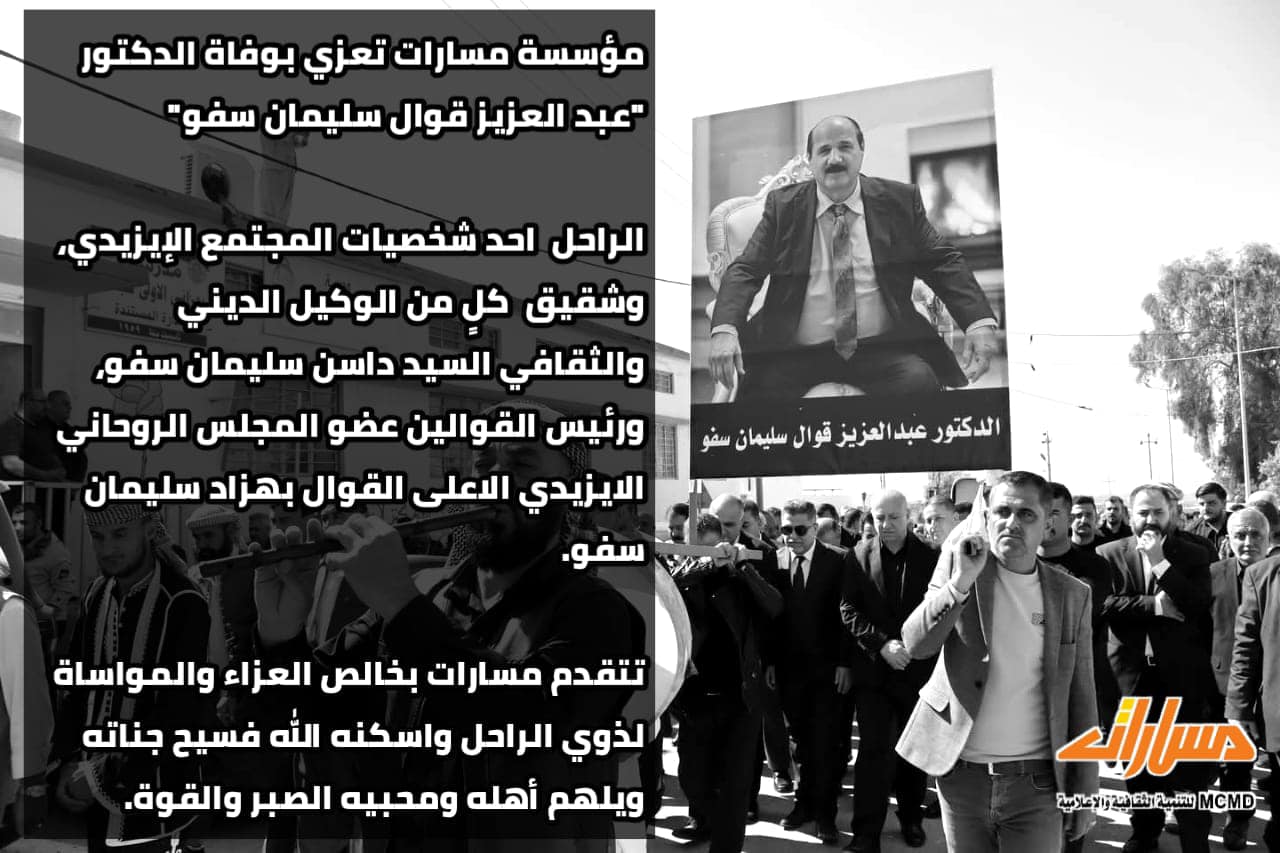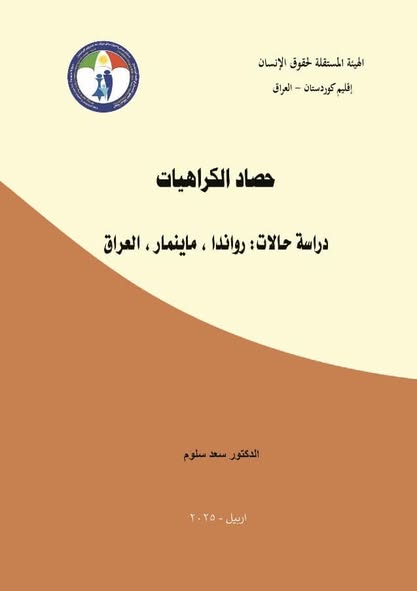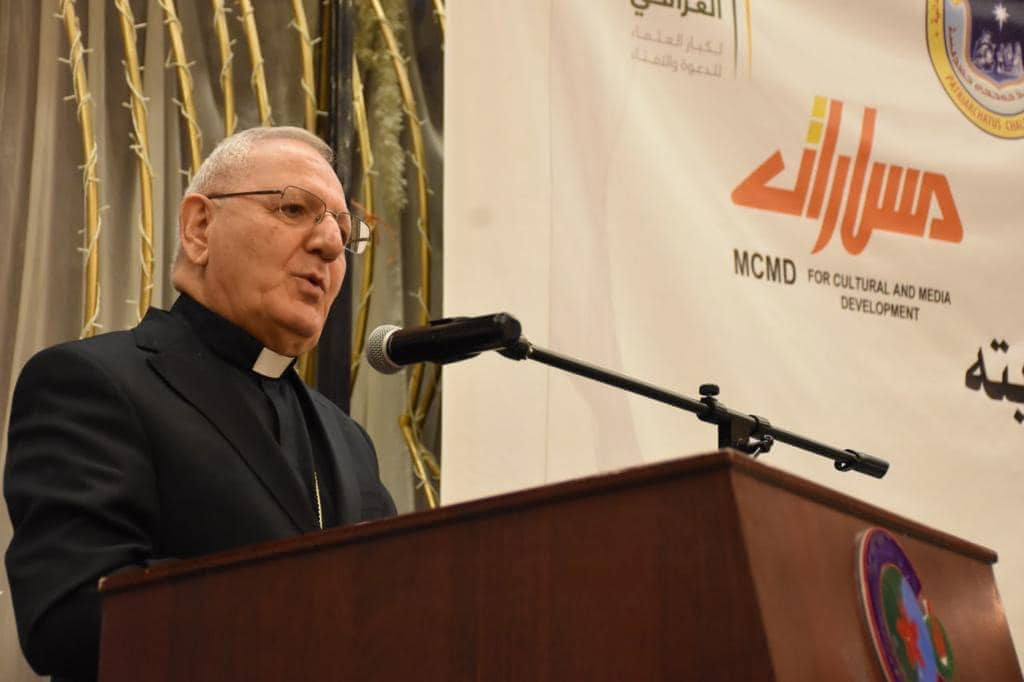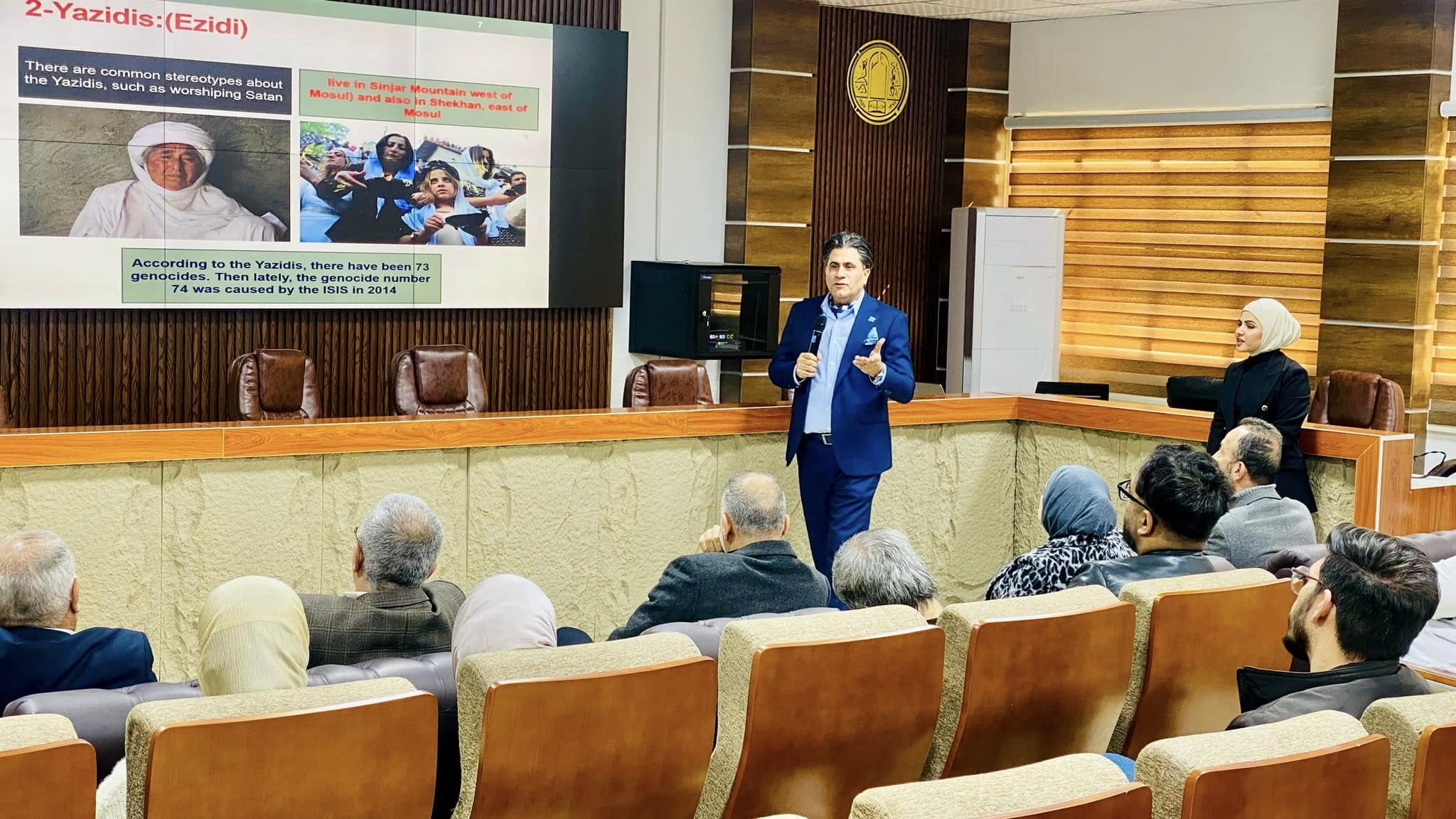MASARAT Institution for Cultural and Media Development is preparing a Media Guide to help the media people deal with the hatred provocative discourse against the Other in the current and forthcoming eras in Iraq. For this purpose MASARAT launched an advocacy campaign to combat the hatred discourse which is predominating the local and pan-Arab media outlets. Three months earlier, MASARAT initiated a questionnaire which covered all provinces of Iraq in proportional percentages with the numbers of populations based on the latest statistics of SCO (Central Statistical Organization) in the Ministry of Planning, Iraq. The questionnaire aimed to know the media outlet which has the highest percentage of followers in Iraq, and the TV shows and presenters who have big influence on the people. The questionnaire followed these TV shows for two successive months to determine how much hatred discourse and provocative speeches against others do they include, according to some reliable international mechanisms. The results are being currently subjected to deep analysis in cooperation with local and international experts. Dr. Amina al-Dhahabi, supervisor of research and analysis team and campaign director, said that “launching this an advocacy campaign by MASARAT Institution to combat hatred discourse is part of a plan initiated two years ago by MASARAT in preparation to the post-Daesh stage. The institution believes that the liberation of Iraqi cities from Daesh will never eradicate extremism which invaded minds and hearts. It requires a serious stand in which media, education, and religious and political leaders collaborate to uproot extremism which grew in our region which aims to attain some long-term strategic objectives to undermine joint coexistence an terminate the diversity in Mesopotamia. Al-Dhahabi added that the forthcoming weeks shall witness the continuation of the work by MASARAT Team to set in a new mechanism to help Iraqi media workers adopt a proper way in dealing with hatred discourse, after setting some definitions of a long list of terms and vocabulary which invoke hatred, which journalists and news editors may need, and the reasons why such words are used by the media outlets, or by speakers such as media people, politicians and clergymen. The Guide includes as well some methods to deal with such messages which provoke hatred against others. Activist Zina Tariq, Campaign Coordinator, said that this campaign includes the production of a short documentary on how far Hate speeches impacts the recipients. MASARAT institution released as well a poster which encourages media channels and journalists and media people to abstain from spreading hatred discourse and avoid participating in promoting the hatred discourses expanded leaders of different political, religious and sectarian affiliation as a first step for rehabilitating our society from the crisis it lately suffered from. The advocacy campaign is intended to last till mid-next year, and the Media Guide is expected to be accessible by media people, journalists and specialist before the end of this year.
You are here: Home / slider / To Get Rid of Daesh Thought . . . MASARAT Starts a Campaign to Combat Hatred Discourse in the Media
